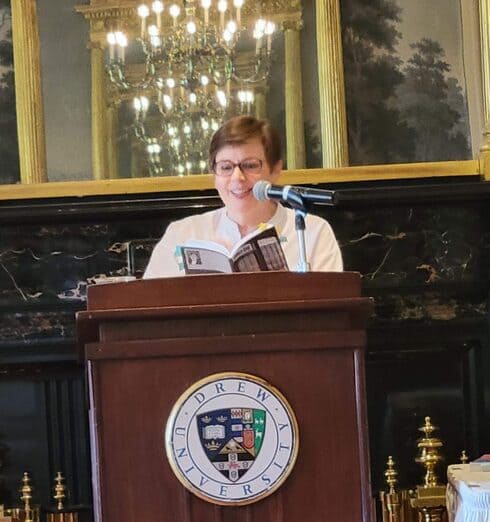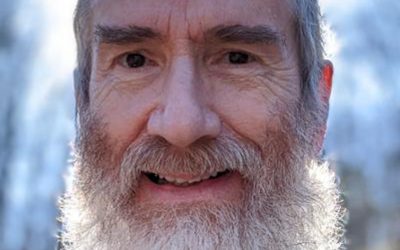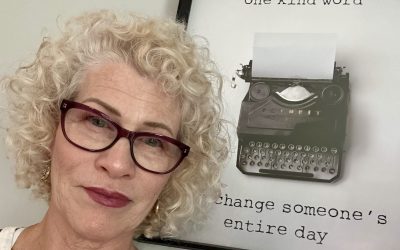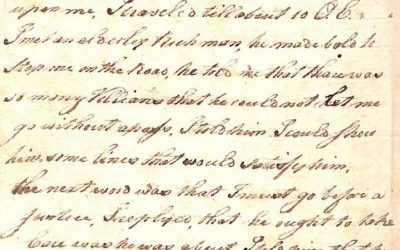Alum, author, poet laureate, professor
April 2023 – Writers@Drew welcomed Ann E. Wallace C’92, the 2023-2024 poet laureate of Jersey City, New Jersey.
Wallace majored in art history and studio art with a minor in women’s studies at Drew. She earned a masters in women’s studies at Rutgers University and her doctorate in English at the Graduate Center of The City University of New York. She is a poet, essayist, and professor of English at New Jersey City University.
Ann has written widely about her experience with illness. She is an ovarian cancer survivor (diagnosed while a senior at Drew), and was later diagnosed with multiple sclerosis and Long COVID.
The author of the poetry collection Counting by Sevens, Wallace’s work has appeared in a range of venues, including Huffington Post and USA Today, as well as academic journals.
Wallace read selections of nonfiction and poetry, including a poem about the challenges of attending commencement at Drew while undergoing chemotherapy. She spoke movingly about the way Drew’s faculty showed her compassion during her illness, and how she reflects on that kindness now that she’s a professor.
“As a faculty member, I take pleasure hearing about the faculty members who were compassionate to you,” said Courtney Zoffness, assistant professor of English and director of the creative writing program, who facilitated a Q&A session with attendees.
Tell us about your journey from the visual arts to the literary arts.
They’re very closely tied. When I was at Drew, I was thinking about the stories that get told and don’t get told—women’s stories in particular. I always thought I would get my PhD in art history, but I jettisoned that plan. My decision was specifically linked to being sick. I was also a little jaded by the New York art world. I felt it wasn’t terribly accessible to a lot of people and I wanted to study reading and writing stories that were more accessible.
I think finding ways to communicate through your own experience is really essential to your journey.
How did poetry serve as a useful outlet for you, especially when you were sick?
I had these stories inside of me that I had been wanting to tell and hadn’t quite figured out the form. Once I landed on poetry, that was it. Poetry allows for silences and unfinished narratives.
Sometimes writing is a way to assert that I’m still here and I’m not just whatever illness I’m facing. Writing is a way to step outside, observe, and put my story in relation to others. It’s also a way to be objective instead of subjective.
What advice do you have for students who worry about addressing their own vulnerabilities on the page?
Being vulnerable is a challenge first and foremost to yourself. It’s hard to push yourself to tell a hard story to yourself.
What does it mean to be named poet laureate of Jersey City?
It’s a tremendous honor to be the poet laureate of my city. I’ve lived there since 2002. It’s the most diverse city in the country; to be chosen from such a rich artistic community is humbling and wonderful.
I’m working to bring poetry to different parts of the community, through classrooms and workshops, to get more people writing and thinking of poetry as a genre that is alive and timely.
What does your revision process look like?
I like to read the poems out loud in my head—I look at line breaks, word choice, and stanzas. I’m an over writer. I frequently write too much and then try to pull it back.
Do you have advice for students looking to get more acquainted with poetry?
Read living poets, poets who are writing right now and frequently respond to events that are happening in our world. When you read poems by people who are writing about events that are meaningful to you, it’s a way in.
The free event was sponsored by Women’s & Gender Studies Visiting Scholar Endowment.



